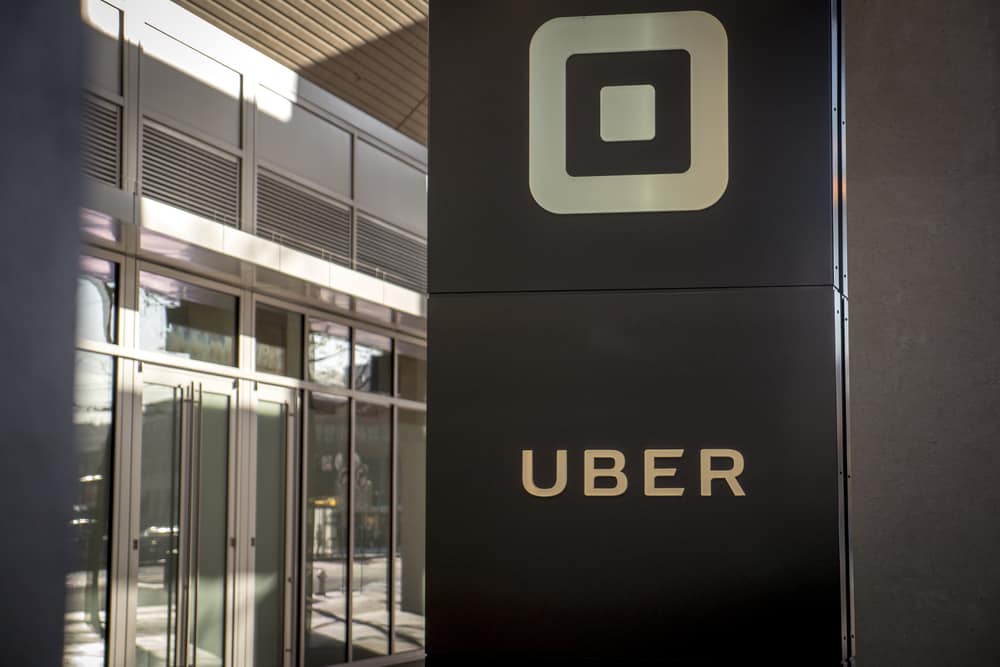
In a surprising move during the run-up to its initial public offering (IPO), Uber is reportedly in talks with its Middle Eastern on-demand cab hailing rival Careem to buy it for $3.1 billion, in a deal that is expected to be finalized early this week. Careem, which broke into the unicorn-club (companies valued at or over $1 billion) after its 2016 Series D round, was valued at $2 billion last year and has been in operation across 15 countries and boasts 30 million users spread over the Middle East, South Asia and North Africa.
Bloomberg, which accessed Uber’s term-sheet, has identified that the company will pay $1.4 billion in cash and $1.7 billion in convertible notes for Careem. The notes will be convertible into Uber shares at the price of $55 per share. The discussion of transaction terms is expected to be done today, and the deal could be announced as early as Tuesday, March 26.
With the exception of Israel, the Middle East has truly struggled to establish a thriving startup ecosystem in the region over the last decade. In Careem, it found its first unicorn, and thus a possible acquisition of the company by Uber may help to inspire other success stories.
From Uber’s perspective, acquiring Careem would essentially remove a rival that has been a significant roadblock for the company to establish itself fully across Middle Eastern and North African markets. A buyout of Careem allows Uber to take control of a company that was home-grown in the Middle East, helping to consolidate the workforce and possibly attract more investment from existing Careem investors that include the Kingdom Holding Company, the investment arm of Saudi Prince Alwaleed bin Talal.
Nonetheless, this development is radically different from the approach Uber took while facing competition in similar markets. Over the years, Uber’s strategy has been to aggressively spread out within a market, and if faced with pressure from a home-grown rival, to either sell off operations or merge with its competitor.
In China, Uber sold its operations in the country to local cab-hailing giant Didi Chuxing after wrestling in vain for market dominion for over three years. A similar situation unfolded in Russia, where the company merged with its competitor Yandex and in Southeast Asia, where Uber sold its local operations to rival Grab.
In each of these markets, Uber had faced similar problems with pricing wars as the rivals kept pushing rates down in the hope of strong-arming the other out of the market. This also led to a wave of protests from independent cab drivers and unions who could not sustain themselves against companies that were pricing them out of contention. And when the pricing rivalry grew out of proportion, it also attracted government intervention in the form of regulations. Administrations temporarily banned operations, put a cap on the number of licenses for on-demand taxis, and created restrictions on how low the prices could get – to ensure healthy market competition.
Uber’s move to buy Careem is seen as a change in company strategy, and a definite boost in its runup to the IPO, as the company expects to be valued at $120 billion during its public offering. Also, this would make the company look stronger against its U.S.-rival Lyft, which is consolidating its position in the U.S. and is now looking to expand its borders beyond North America.
If the acquisition of Careem is concluded successfully, it will leave Uber with just one large rival outside of the U.S. That rival is Ola, the Indian cab-hailing behemoth that is valued at nearly $6 billion after a recent investment by the Hyundai Motors group. Once Uber goes public, there could be a fascinating war for monopoly in the Indian on-demand cab hailing ecosystem, apart from the reinvigorated U.S. gig economy landscape where both Uber and Lyft would trade publicly before the end of this year.










